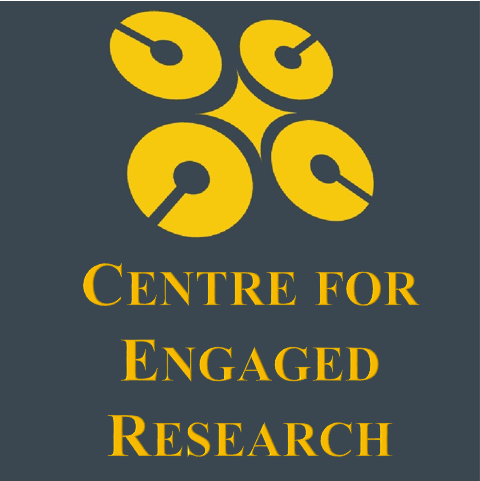
Civic Engagement

Centre for Engaged Research
DCU is launching a Centre of Engaged Research which will pursue a new agenda that is coming to the fore in Ireland and in Europe.

logo
The Centre will be part of a wider movement to turn research into an active partnership with society to address pressing public needs. Such engagement is not only a more inspiring ideal, it is also a more promising basis for a just society.
The main mission of engaged research is to be:
- Collaborative: it positions the community as a full participant in shaping the research question, analysing the data and developing effective knowledge dissemination strategies.
- Change-Oriented: it seeks to empower communities and local stakeholders through knowledge and to promote democratic values for positive social transformation.
- Inclusive: it mutually respects the various types of knowledge such as experiential and engages citizens in research and innovation decision-making.
- Creative: it aims to identify societal challenges, sharing expertise and research methodologies, disseminating knowledge in a diverse, transdisciplinary manner.
- Ethical: it will question taken for granted social practices where they lead to exclusion or marginalisation.
- In terms of the national and international landscape the Centre is part of a broad systemic move towards engaged research that promotes research approaches and methodologies that foster collaborative engagement with the community and other stakeholders. It addresses societal challenges in a responsive manner and which promotes public engagement with science and technology.
- The activities of the Centre will revolve around:
- Sharing knowledge: there is a need to share knowledge on how this research is conducted sometimes ‘below the radar screen.’ The Centre will tap into the evolving eco-system, which is both user-centred and characterised by open innovation, to ensure DCU’s research techniques continue to be honed and updated.
- Building capacity: this needs to happen at local, national and international scales where the power of collaboration and of shared platforms are very much in evidence with a cultural change in the nature of the university implicit
- Promoting community-university partnerships: these may be with resident’s organisations, social service or health care providers or local authorities to develop effective research strategies and action.
- Addressing social need: the increase in local social need, social deprivation, access to higher education and the digital divide will all need to be addressed to build social cohesion
- Co-creating with communities: solving social and technological issues together, between the university and community stakeholders, through local partnerships to match community issues and research questions with DCU expertise
- Exploring the role of new technologies in promoting public engagement in research
- Finally, it reflects the need to rebuild societies towards a new sustainable and equitable collaborative resilience after the current public health crisis and to harness and communicate the knowledge of the university to address social needs directly, understanding the transformative power of university/community partnerships.
Prof. Ronnie Munck (Ronnie.munck@dcu.ie) | Dr. Colm Kearns (colm.g.kearns@dcu.ie)
Prof. Kate Irving (kate.irving@dcu.ie)
